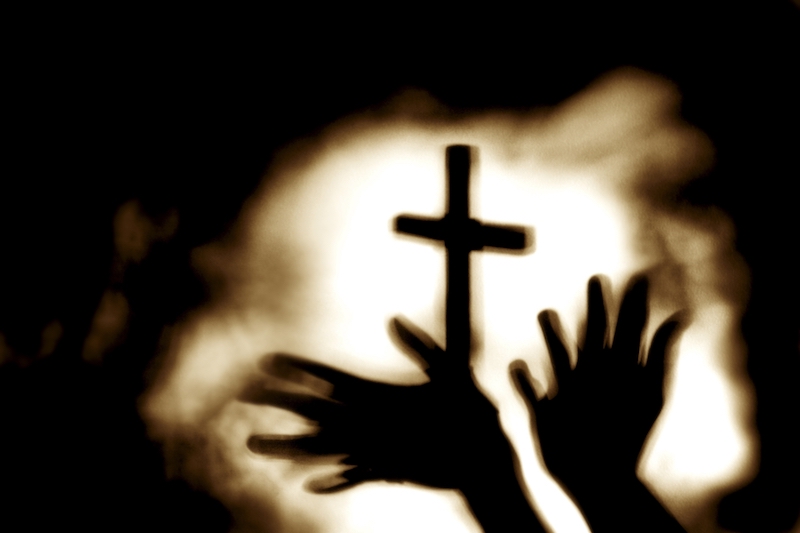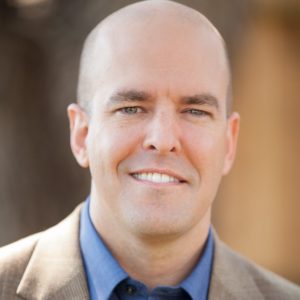Scholarship Program
The PruittCares Foundation is now accepting scholarship applications for students pursuing a career in the healthcare industry. The application window closes April 15.
Where do we place our hope?

Human beings are built to be “hope-based” creatures. We cannot live without hope. Viktor Frankl, a Holocaust survivor and psychologist who was in the Auschwitz concentration camp during World War II often said that even within the narrow boundaries of the concentration camps he got to know only two kinds of men: decent and non-decent ones. This is what he wrote in his book Man’s Search for Meaning: “We who lived in concentration camps can remember the men who walked through the huts comforting others, giving away their last piece of bread. They may have been few in number, but they offer sufficient proof that everything can be taken from a man but one thing: the last of the human freedoms, to choose one’s attitude in any given set of circumstances, to choose one’s own way.” – Man’s Search for Meaning
Now what separated these men who were all living the same circumstances, what separated them from what Frankel calls ‘decent and non-decent ones,’ it was their believed in future. This believed in future drove their present day circumstances. Here’s an example Frankl gave of a man who lost hope: “One of my friends in the camp had a dream that the war would end on March 30th. And he was just convinced that the dream was a revelation. But as the date drew nearer it came from the news reports that the war was not ending. On March 29th he began running a temperature. On March 30th he lost consciousness. On March 31st he was dead. His loss of hope had lowered his body’s resistance to all the diseases in the camp.”
Frankel went on to write that life only has meaning when we have a hope that neither suffering nor circumstances or death itself cannot destroy. So we must ask ourselves: What do we hope in? Are we hoping in things that are fleeting or passing away? When we place our hope in anything in this life, that suffering and circumstances can take away, than our lives will always be characterized by anxiety, disappointment and ultimately—hopelessness. The only way anyone can face suffering or circumstances of any kind is by placing our hope in something that not even death can destroy. In St. Paul’s letter to the Ephesians, he writes that this kind of indestructible hope is found in Christ. He writes,
“I keep asking that the God of our Lord Jesus Christ, the glorious Father, may give you the Spirit of wisdom and revelation, so that you may know him better. 18I pray also that the eyes of your heart may be enlightened in order that you may know the hope to which he has called you, the riches of his glorious inheritance in the saints, 19and his incomparably great power for us who believe. That power is like the working of his mighty strength, 20which he exerted in Christ when he raised him from the dead and seated him at his right hand in the heavenly realms, 21far above all rule and authority, power and dominion, and every title that can be given, not only in the present age but also in the one to come. ~ Ephesians 1:17-21
If you believe your ultimate future is “nothingness” that will keep breaking in on you and your life will be marked by sadness and sorrow. It’s only when we hope in what will never pass away, when we hope in Christ, that we can move beyond our present circumstances and know that our future is so secure that not even death itself be the end.

